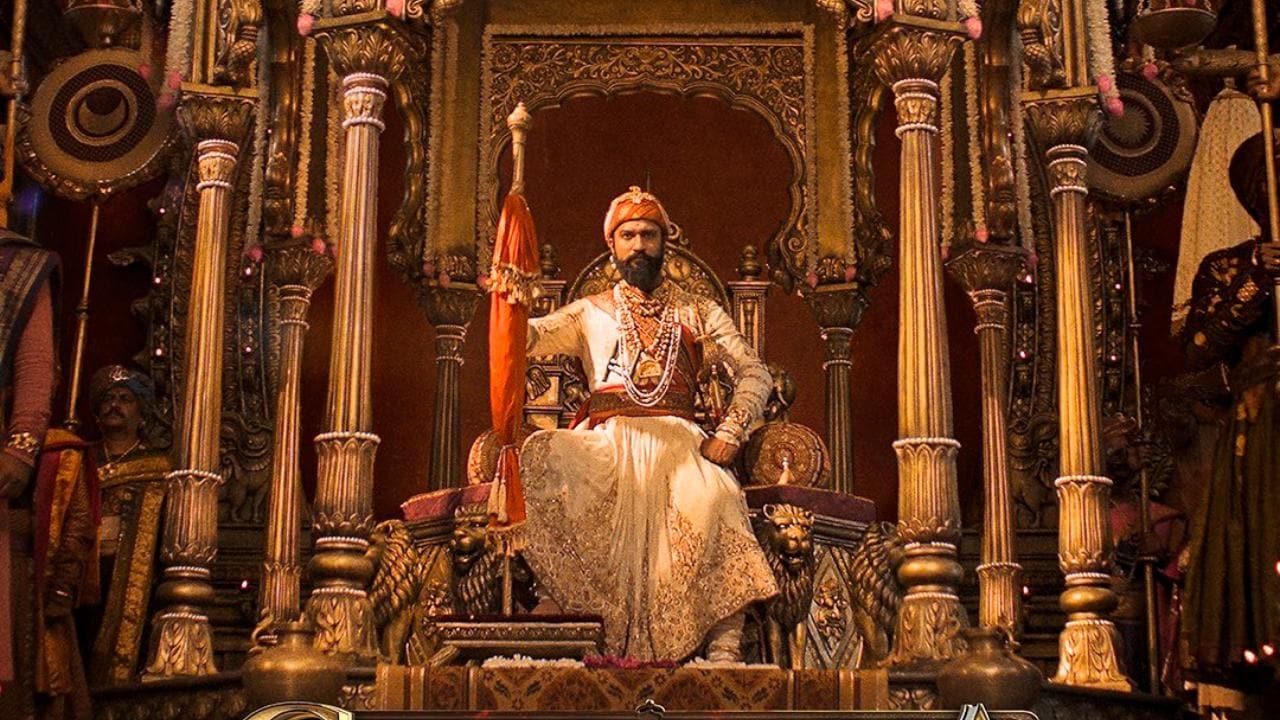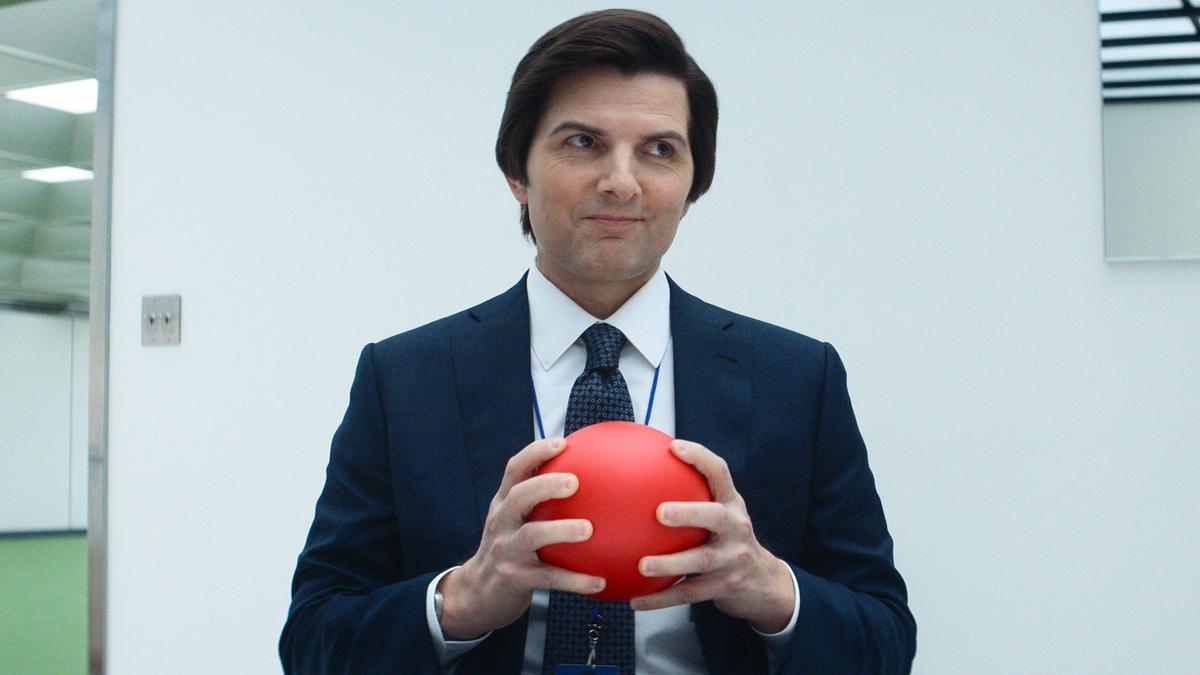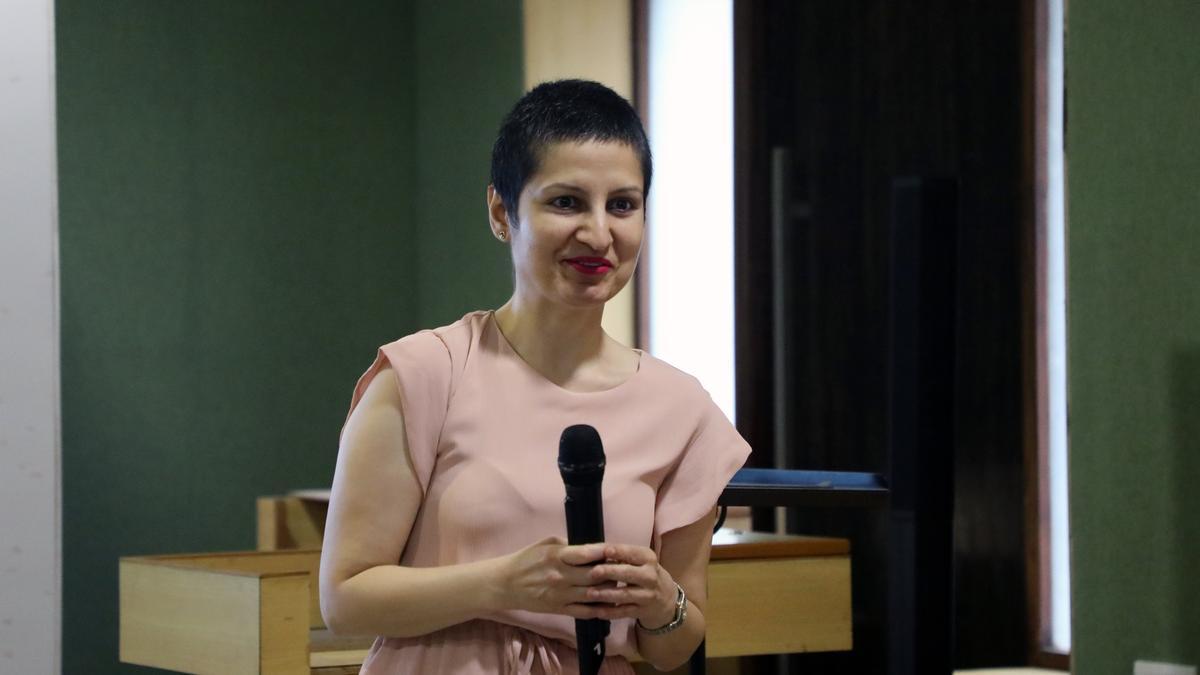
The resounding ovation at the Crypto.com Arena in Los Angeles has subsided following the 66th annual Grammy Awards. Yet February 4th, 2024, remains a night to be remembered, as Taylor Swift’s historic fourth ‘Album of the Year’ award and heart-stirring performances by global music icons marked a celebration of talent and diversity. But beyond the spectacle and the stars, the story of Indian classical music’s stunning success needs to be told, redefining what many may consider traditional or limited.
The prestigious Grammy night witnessed Ustad Zakir Hussain, the tabla maestro, etch his name in history as the first Indian musician to secure three trophies in a single evening. His achievement underscores the broadening appreciation and relevance of Indian classical music on the world stage. This recognition, once heralded by the legendary sitarist Pt. Ravi Shankar, whose impact resonates within the dedicated section at the Grammy Museum’s Mike Curb Gallery, has today seen a glorious resurgence. Pt. Ravi Shankar, the first Indian Grammy award winner in 1968, posthumously received a Grammy Lifetime Achievement Award, attesting to the enduring legacy of Indian classical music.
Instrumental music, typically on the sidelines of the Indian classical music hierarchy, is now basking in the global limelight. Fueling this global recognition is the collaborative album ‘This Moment’ by Shakti, which clinched the Global Music Album Grammy. The album, a collision of Indian classical and jazz, features Zakir Hussain’s tabla prowess alongside Ganesh Rajagopalan’s violin, Selva Ganesh’s kanjira, John McLaughlin’s jazz genius, and vocal maestro Shankar Mahadevan. Selva Ganesh infused the kanjira, traditionally a supporting Carnatic instrument, with an edgy and experimental spirit, drawing the world’s attention to its vibrant potential.
The Best Contemporary Instrumental Album award for ‘As We Speak’ signalled another monumental win for the night. The album, featuring Zakir Hussain, flautist Rakesh Chaurasia, banjo virtuoso Béla Fleck, and bassist Edgar Meyer, brings to life a tribute to historic musical exchanges between Indian classical musicians and British imperial bands in 20th-century India. Drawing from his childhood memories of these performances, Zakir Hussain crafted ‘Pashto’ into a work of cross-cultural symphony that honors tradition while boldly stepping into contemporary realms.
Zakir Hussain’s acceptance speech stirred the hearts of the audience as he proclaimed, “Without love, without music, without harmony, we are nothing.” These words exemplify the borderless cultural world he has fostered, challenging classical musicians to embrace open-mindedness and urging the artistic community to transcend labels.
While John McLaughlin couldn’t attend the award ceremony, his message from Monaco brimmed with affection for his Shakti collaborators, noting the enriching 50-year journey that global music has led them on. Echoing this sentiment, Ganesh Rajagopalan reflected from Los Angeles on the path Zakir Hussain has paved for future Indian musicians aspiring for global recognition. He credited Hussain and McLaughlin for renewing Shakti’s spirit, enabling the band’s triumphant Grammy moment, and influencing the Academy to forge the ‘global music’ category.
Zakir Hussain’s global collaboration is no stranger to Grammy awards; his contribution to Mickey Hart’s ‘Planet Drum’ saw the first-ever Best Global Music Album award in 1992, followed by another win for ‘Global Drum Project’ in 2009. The emotional weight of this recognition was palpable in Selva Ganesh’s words as he conveyed the exhilaration of his ‘moment of life’ upon hearing ‘This Moment’s’ Grammy victory announced.
The journey of Shakti, from a quartet begun by Zakir Hussain and John McLaughlin, with Vikku Vinayakram and L. Shankar, in 1974 to the Grammy stage of today, has been arduous yet full of passion. Vinayakram’s pride is evident as he speaks of the band’s recognition within his lifetime – a testament to Shakti’s unique blend of Eastern and Western music that continues to inspire and connect across continents.
In summary, Grammy 2024 was a testament to the evolving narrative of Indian classical music and its profound impact on the world stage. It was a night that celebrated cultural convergence and honored the virtuosos who bridge diverse musical worlds, compelling us to embrace a future enriched by continued musical exploration and fusion.










